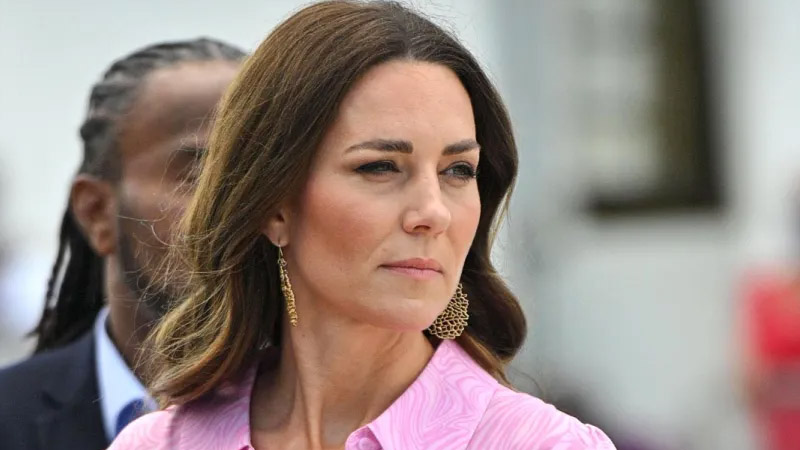
The Princess of Wales Becomes ‘More Interested’ in Faith After Cancer Diagnosis
The Princess of Wales has reportedly grown “more interested” in matters of faith since her recent cancer diagnosis, a shift that appears to contrast with Prince William’s more reserved stance on religion, according to The Telegraph. In an updated biography titled Charles III: New King. New Court. The Inside Story, author Robert Hardman delves into this development, highlighting the subtle ways in which the royal couple’s perspectives on faith have begun to differ amidst personal challenges.
At 42, the Princess of Wales, Catherine, has been undergoing chemotherapy, an experience that has deepened her relationship with faith. The book, serialised by the Daily Mail, includes insights from a “church-going friend of the family,” who expressed optimism about Catherine’s growing spirituality. “Things are more hopeful” with her faith than with William’s recently, the friend commented, suggesting a renewed connection to faith in Catherine’s life during this trying period.
In contrast, Prince William appears to remain steadfast in his more modern and pragmatic approach to religion. According to sources quoted by Hardman, there has been no change in the Prince’s views despite the health crises his family has faced this year. “No change of course there,” said a source close to William, while another elaborated, “He is a modern young man, and I think he gets embarrassed by certain aspects of ceremonial and religion.” This pragmatic perspective has long set William apart from his father, King Charles, whose spiritual beliefs have played a prominent role throughout his life.
While William has made it clear that he will fulfill his constitutional obligations to the Church of England, he reportedly has no plans to become a “regular worshipper” or “feign an enthusiasm” for religious practices that he does not feel personally connected to. Hardman suggests that, even amid adversity, William’s approach to faith is unlikely to mirror the devotion his father has exhibited.
King Charles, the current supreme governor of the Church of England, has found solace in his faith, particularly during his own battle with cancer this year. The King has sought spiritual guidance from Archimandrite Ephraim, a Greek Orthodox monk, reflecting the profound impact of faith on his life. Charles’s spiritual beliefs are deeply rooted, as his youngest son, Prince Harry, attested in his memoir, describing his father as “deeply religious.” The King’s commitment to multi-faith engagement has been a defining aspect of his reign; upon ascending the throne in 2022, he pledged to support all faiths in Britain with equal dedication.
This divergence between William and his father underscores a generational shift within the monarchy. Unlike his father and grandmother, the late Queen Elizabeth II—who was deeply committed to her role as Defender of the Faith and drew immense strength from her Christian beliefs—William has maintained a more reserved stance on matters of spirituality and religious observance.
The updated biography also sheds light on concerns over the Prince of Wales’s advisors. Hardman points out that William “lacks the odd wise old consigliere” to help navigate delicate situations. A senior royal source from the Queen’s era mentioned that William’s recent statement on the Gaza conflict could have benefited from counsel. His call for “an end to the fighting” and acknowledgment that “too many have been killed” in Gaza reportedly risked a diplomatic misunderstanding. Although Number 10 initially supported the statement, “senior Foreign Office sources now say that the Prince’s statement had not been authorised,” Hardman writes, with one official noting, “We were briefed it was happening, but we were certainly not asked in advance.”
As William continues to navigate his role as heir, these differences in approach to faith and public diplomacy reflect the evolving complexities within the royal family’s relationship with tradition and modernity.
